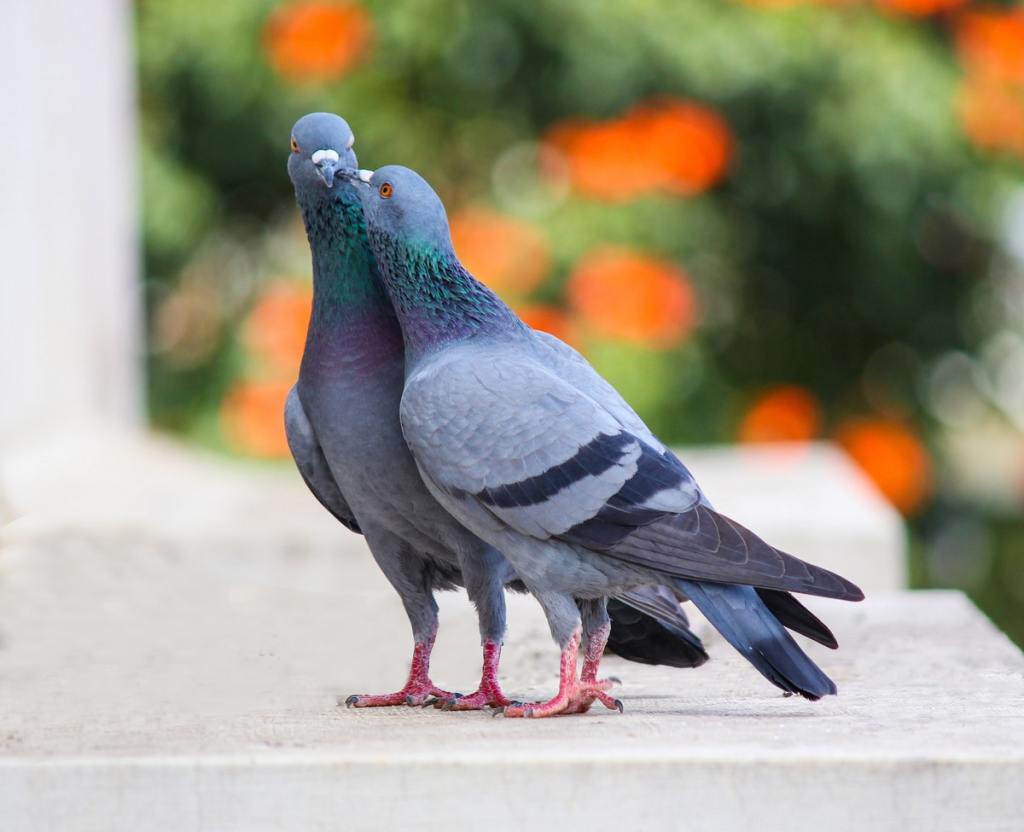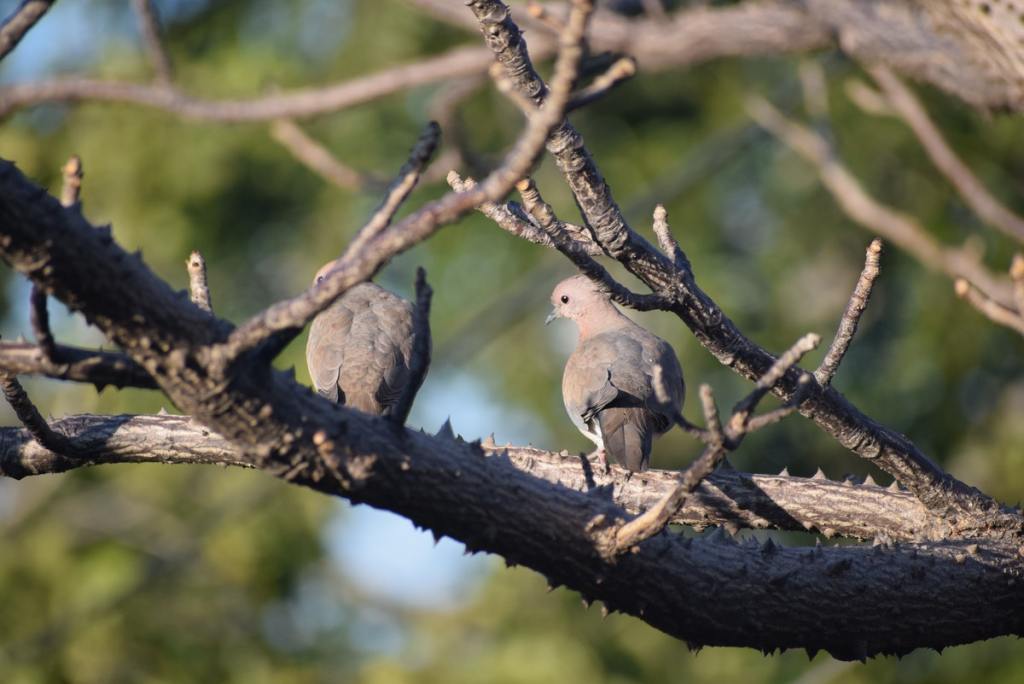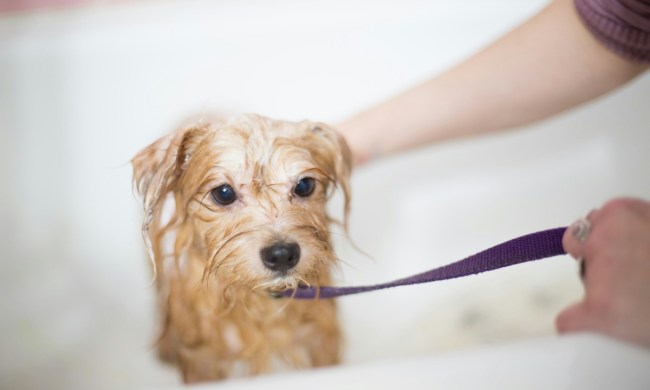Pigeons could really use a new PR team to overhaul their public image. Often seen as dirty and obnoxious, pigeons are actually one of mankind’s oldest companions. Archaeologists have found Egyptian hieroglyphs depicting domesticated pigeons alongside humans. Pigeons have even been used as messengers during times of war.
Have you ever wondered, “Do pigeons make good pets?” We think so, and we also think it’s time to stop viewing our avian friends as pests. Here’s why.

Pigeons are calm
Unlike parrots, who are emotionally demanding and tend toward self-destructive behaviors, such as pulling out their own feathers when left alone, pigeons are fairly laid-back. They are also infinitely less inclined than parrots to screech all day when left alone, so they’re much better suited to domestic life.
(One thing to note: Because they’re flock birds, pigeons should usually be paired with another pigeon — or several if you have the space.)
They’re easy — and fun — to train
Pigeons rank as one of the top animals in terms of intelligence, making them easy to train. One more reason to keep pigeons as pets: They are one of the few animals capable of passing “the mirror test,” which means they can recognize their own reflections in a mirror. Due to their smarts, you can train pigeons to deliver messages and even perform tricks.
Using a reward-based training system is a fantastic way to train your bird to press a lever to receive a treat, wave by lifting one wing, and more. You can even teach them how to perform mathematics, as pigeons are the only animals (apart from rhesus monkeys) with math skills comparable to humans.

Pigeons are clean
Did you know that pigeon poop doesn’t stink? As long as your avian friend is in good health, you won’t be able to smell their excrement. You can place pet liners on your floor and teach your feathered friend to use them, which makes cleanup a breeze. Another option: pigeon diapers. These adorable diaper harnesses won’t hinder your pigeon’s movements, and they’ll keep your floors — and your lap — clean and dry.
Many pigeons enjoy bathing in a shallow dish, and some like being misted with a fine spray of water. If you have a pair of pigeons, they’ll groom each other frequently, which cuts down on work for you. You will need to scoop the poop from your enclosure every day, but it’s a small price to pay when they make such wonderful companions.
Their dietary needs aren’t too complex
While parrots require a diet of fresh fruits and vegetables in addition to supplementary pellets, pigeons aren’t quite as demanding. That’s not to say they don’t need a steady diet of nutrient-rich foods to maintain optimal health, but they’re better able to rely on seeds and pellets for nutrition. That means you won’t have to spend as much money on fruits and veggies.
Pigeons will eat bread, but it doesn’t offer any nutritional value. Occasionally giving your pigeon a bite of toast won’t do any harm, but you should ensure they receive plenty of seeds and pellets. You’ll also need to give your feathery friend fresh fruits and vegetables three to four times per week. (Favorite foods include healthy goodies like spinach and apples.)
Pigeons are friendly
While feral cats and dogs avoid humans, even feral pigeons are relatively tame and flock together in city parks. Given the tendency of feral pigeons to mingle with humans, it’s no great surprise that domesticated pigeons make wonderful, affectionate companions. Gentle and loving creatures, pigeons mate for life and are doting parents. Their docile, friendly nature is just one more reason why pigeons make such great pets.
Because they can recognize faces, pigeons are likely to bond with their primary caregiver most of all. That being said, they make excellent companions for the whole family and greet their humans with vocalizations and nuzzles.

Pigeons make great pets
Pigeons aren’t pests. They’re docile and affectionate flock animals who’ve been friends of ours since the time of ancient Egypt. Humans have forgotten this, but pigeons haven’t. To this day, pigeons are fearless around humans, and they respond well to training. If you’re looking for a friendly, intelligent, relatively low-maintenance feathered friend, look no further than the pigeon. Resist the temptation to tame a wild pigeon; make sure you seek out a reputable breeder or pet shop to select a pigeon pet.



